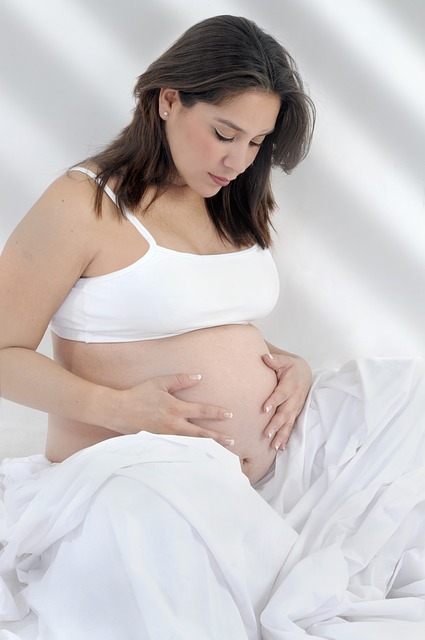Family planning success depends upon many physiological aspects of both partners. But we cannot deny, the role of the female partner is much more than male. A strong reproductive system of a woman is of utmost need to pursue gestation. But egg quality is the foremost important requirement to precede fertilization and the generation of a healthy embryo.
Maintaining egg quality with increasing age is challenging due to the biological clock after 35 years of age decline it naturally. In 1975, only 5% of females got pregnant after 30 years of their age. Currently, more than 26% of pregnancy occurs after 30 years of her age.

General introduction to ovaries and health of eggs
The primary female reproductive organs involve two oval-shaped ovaries which produce eggs or oocytes (female gametes). These ovaries are attached to either side of the uterus (womb) with the help of ligaments. In addition to the reproductive functionality, ovaries also act as an endocrine gland and secrete reproductive hormones like estrogen and progesterone.
Anti-Müllerian hormone present in blood serum is a biomarker that represents the number of healthy follicles and eggs (oocytes) present in ovaries. According to a research report published in the Human Reproduction journal, the right-sided ovulation frequency and fertility potential of oocytes are higher than left-sided ovulation.
The quality of the egg is one of the primary factors responsible for the reproductive outcome. The genetic and epigenetic programming of an egg is effective to measure conceiving a child and deliver a healthy baby. Mitochondrial functionality and cytoskeleton integrity in the egg is essential for spindle formation, modulation of chromosomal segregation, and maintaining the stability of the genome during cell division. Spindle formation is an important step in cell division made up of microtubule bundles, which divide chromosomal material equally to form two daughter cells from the parent cell. Diminishing egg quality with increasing age is related to disorganization and shrinkage of the spindle. The resultant of this leads to maturation arrest. Impaired functioning of mitochondria restricts the oocyte activation by disrupting calcium-mediated intracellular signaling and restricting the transition from metaphase I to anaphase I.
Lifestyle factors, including the age when starting a family, nutrition, weight management, exercise, psychological stress, cigarette smoking, recreational and prescription drug use, alcohol and caffeine consumption, environmental and occupational exposures, preventative care, and other behaviors are modifiable and may impact egg quality.
Importance of egg quality for fertility
The kidney, liver, and spleen also play a vital role to improve egg quality for fertilization, apart from the reproductive organs. The perfect balance of the internal body system and body surface maintains the life force. Increasing stress causes adrenal fatigue. Adrenal fatigue has a harmful impact on kidney health. The clinical manifestation of kidney health disorder leads to infertility.
• Liver health is essential for both menstruation and ovulation.
• The luteal phase of the menstrual cycle is managed by spleen health.
• Combination of Kidney and spleen health play important role in upholding endometrial lining and regulate progesterone production.



